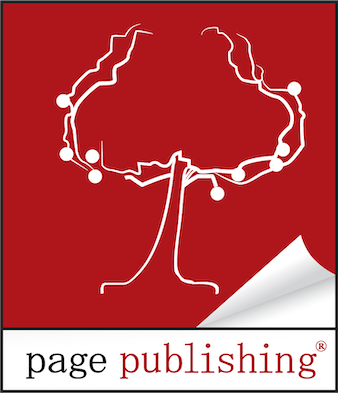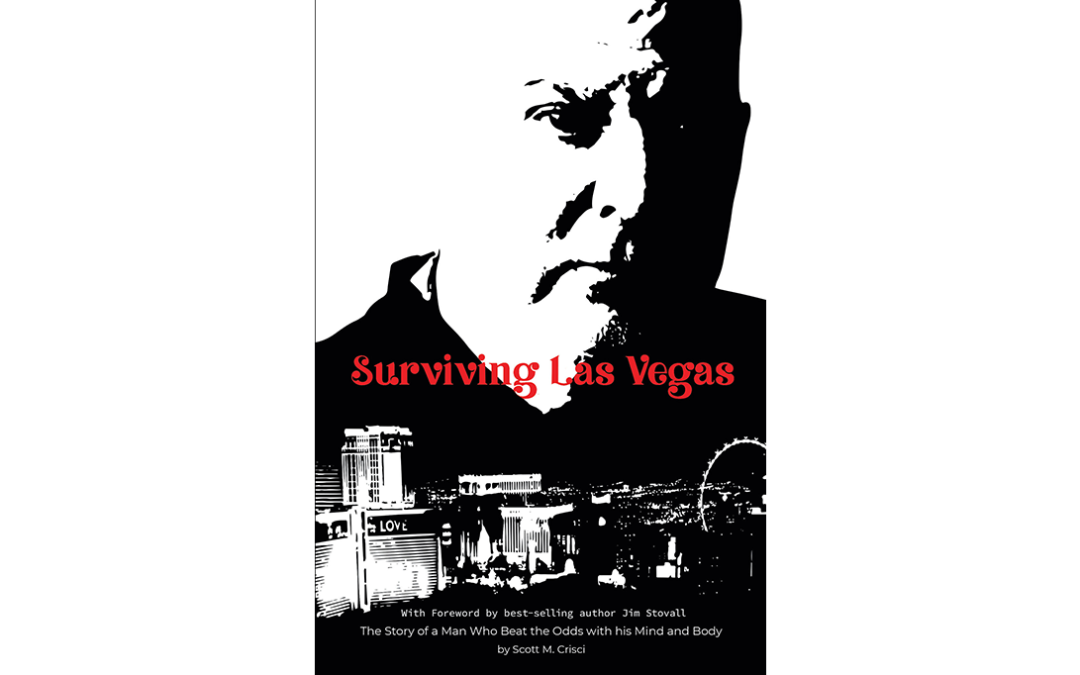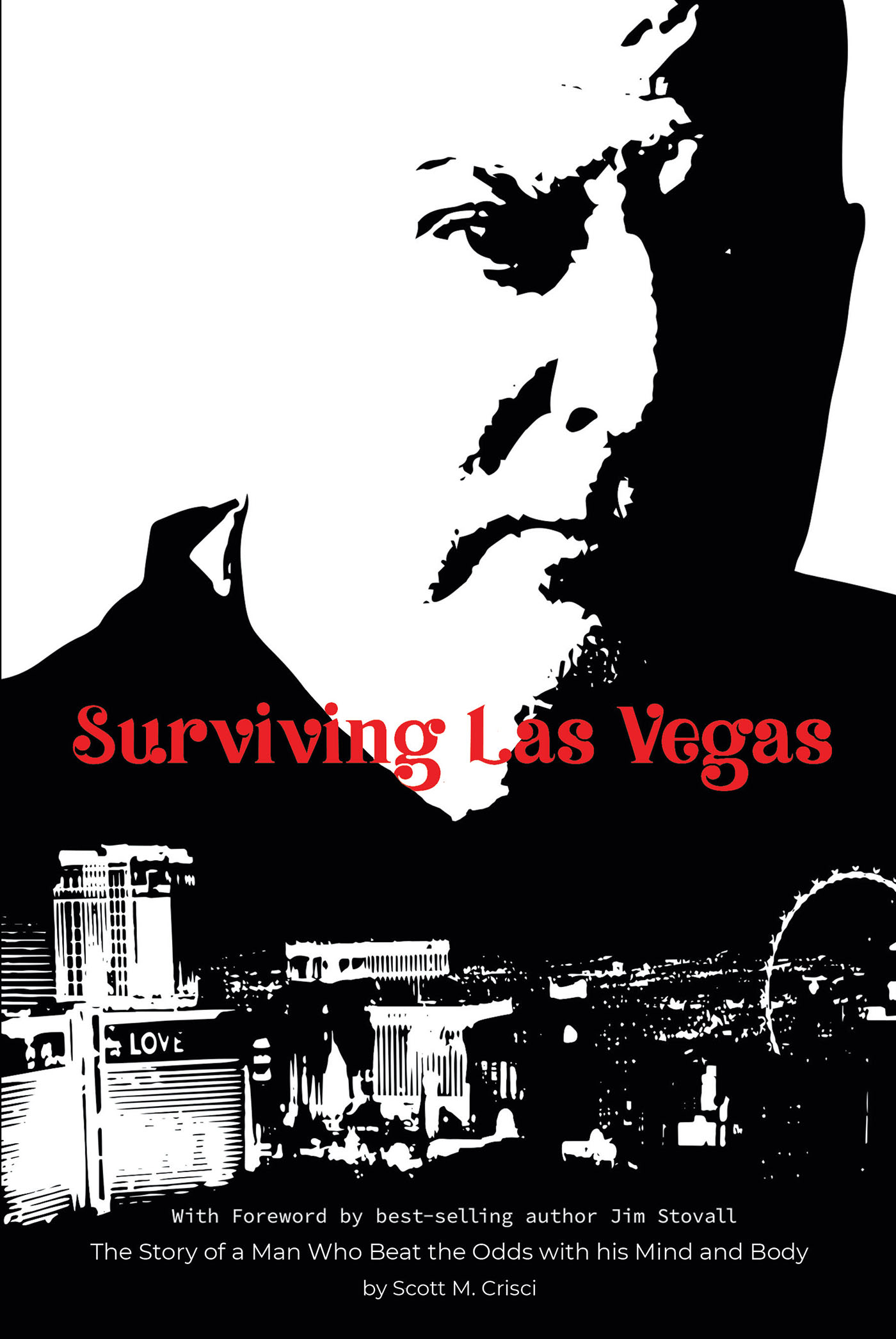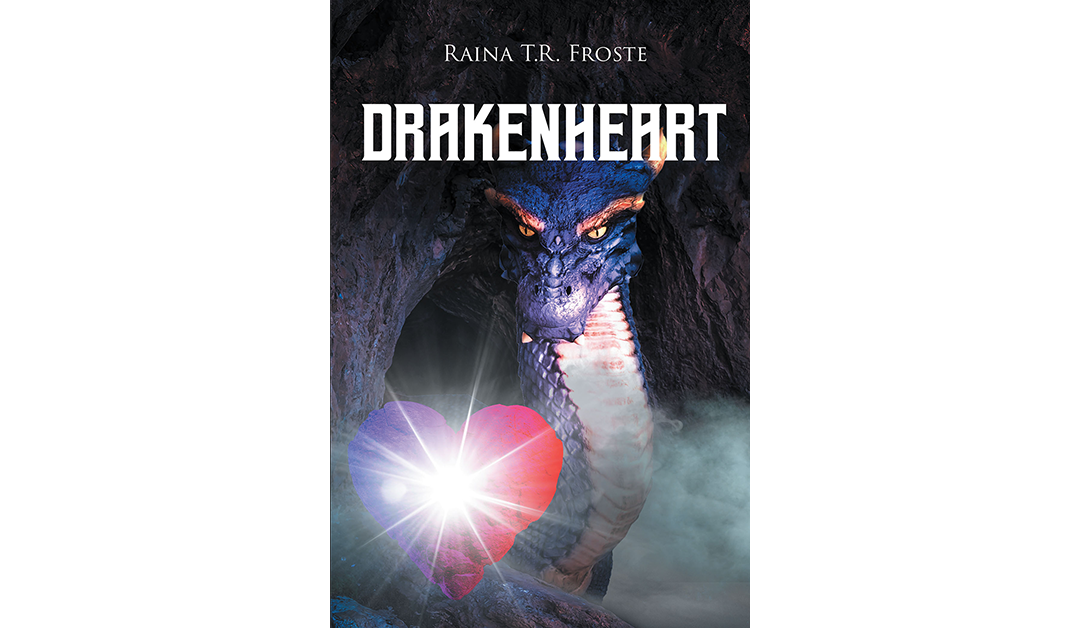
AI for Authors: When and How to Use It

In a world driven by technological advancements, the idea of Artificial Intelligence (AI) taking over various aspects of our lives is no longer science fiction. Yet, there’s one realm where the human touch remains irreplaceable: the world of literature. It might sound tempting—a website that can write your entire book?!—but hold up. Authors should proceed with caution. Read on to understand why you shouldn’t use AI to write your book, but how you can use it for other aspects of the writing process.
AI’s Limitations in Creative Writing
AI operates based on patterns and data fed into its algorithms. While it can generate text that appears coherent, it lacks the true essence of creativity and originality that a human author brings to a story. The soul of a book often lies in its unique perspective and personal experiences, something an AI can’t replicate. In a word, emotion. Human authors possess the ability to infuse their writing with genuine feeling and empathy, connecting with readers on a profound level. AI can mimic sentiment, but it can’t genuinely understand or convey the depth of human emotions, which are at the core of many compelling stories.
In another area, AI can be tone-deaf when it comes to understanding cultural nuances, historical context, or the broader human experience (it is, after all, a robot). This limitation can lead to inaccuracies, insensitivity, and even offensive content in writing—something today’s authors must be more aware of than ever.
From the reader perspective, people are wary of books written by AI. Part of the reading process is connecting with the author through the story, and the use of AI can greatly turn readers off. Knowing that a writer used AI—even if the story was enjoyable—can sour the experience.
Still curious about AI?
While AI can’t replace the human touch in writing, it can be a valuable tool to aid authors in various stages of the creative process. The key word here is aid. Think of AI as a tool to help, not a substitute for you, the writer.
1. Idea Generation
AI-powered tools can help authors spark creativity and generate fresh ideas. Whether you’re suffering from writer’s block or simply looking to explore new concepts, AI can assist by providing you with prompts and ideas to kickstart your writing process. Likewise, AI can act as a research assistant for both fiction and non-fiction authors by quickly scanning the internet and databases to gather relevant information on your chosen topic, saving you time and effort during the research phase.
2. Brainstorming
Collaborating with AI can make brainstorming sessions more productive. AI can offer diverse perspectives and help you organize your thoughts by taking your initial concepts and expanding upon them, suggesting different angles, subplots, or character developments you might not have considered. Use AI-powered mind mapping tools to create visual representations of your ideas and plot structures, helping you see the bigger picture and connections between different story elements. For the plotters out there, AI can provide summaries of various plot points, helping you outline your story. Try giving it a story idea and asking it to come up with an outline of chapters or scenes.
3. Editing and Proofreading
AI-driven grammar and spell checkers can catch errors that might have slipped past your initial review. Some AI tools can even help you maintain a consistent writing style and tone throughout your book. You can ask AI direct questions, and the more detailed you are, the better the results. Chats build on themselves, so you can reference information from earlier in the thread and AI will use it to fine tune its responses.
4. Audience Insights
AI analytics tools can help you better understand your target audience and tailor your writing.
Ask AI to analyze reader preferences and demographics, which could provide insights on what might resonate with your target audience. Or, ask it to optimize your content for search engines by suggesting relevant keywords and phrases.
The Takeaway
Writing is a deeply personal and creative process that encompasses emotions, cultural understanding, and the human experience—all of which AI struggles to replicate authentically. As a writer, you have a unique voice and perspective to share with the world. Embrace your creativity, nurture your craft, and remember that your ability to connect with readers on a human level is what makes your writing truly special. AI should not replace real authors. Ultimately, the power of AI lies in its ability to offer valuable assistance throughout the journey of crafting a compelling and impactful book. In a nutshell, don’t attempt to let AI write your book—it’s just not worth it.




